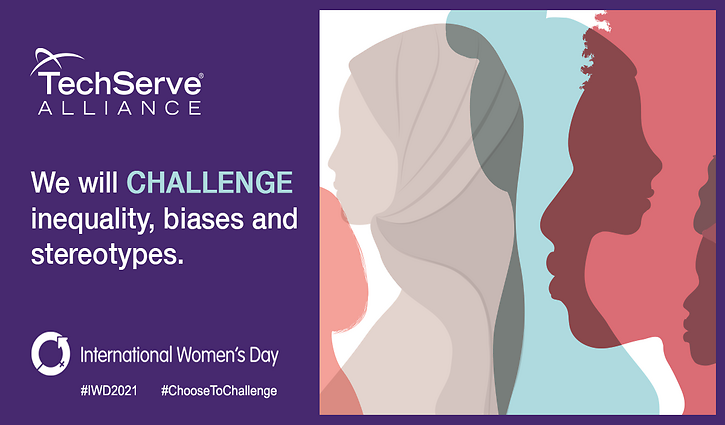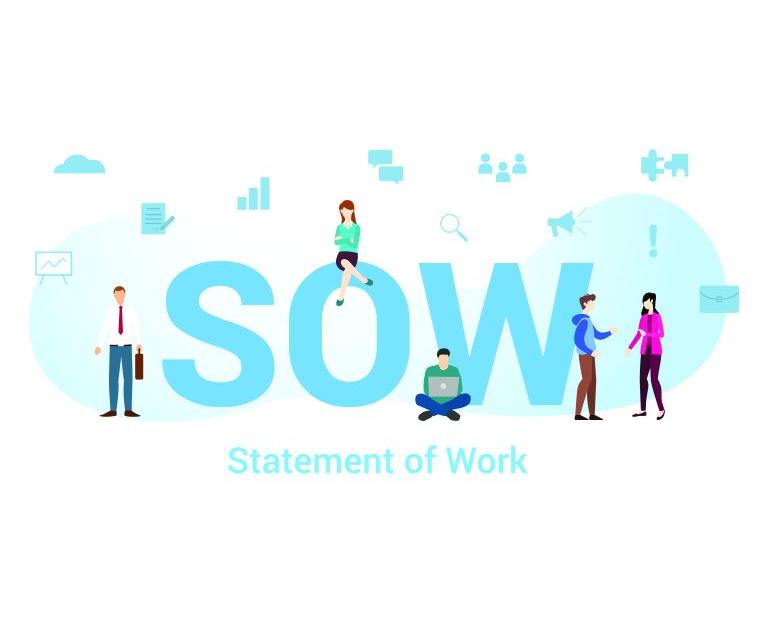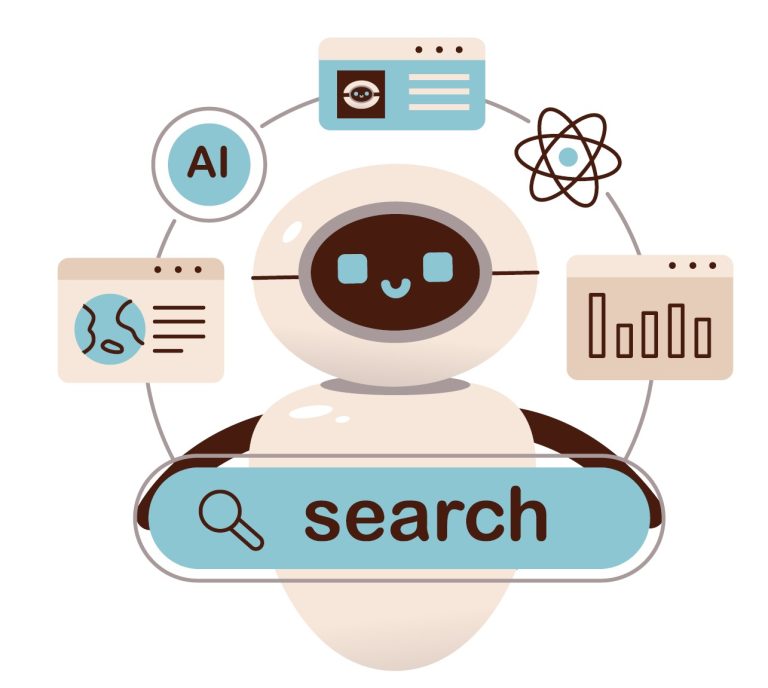On International Women’s Day, Techserve Alliance hosted a webinar to highlight the gaps and opportunities to advance women in leadership roles. We heard from a panel of industry thought leaders that helped explore ways to accelerate diversity, equity, and inclusion in the IT and Engineering Staffing Industry. Hosted by Susan Donohoe, Chief Program Officer, TechServe Alliance, and facilitated by Leslie Vickrey, CEO, ClearEdge Marketing – panelists included – Kip Wright, CEO, Genuent; Jay Cohen Founder & CEO, Signature Consultants & Chair, TechServe Alliance; Ginnette Harvey, Senior Vice President, Specialist Staffing Group and Sarah Martin, President, Dale Workforce & President Elect TechServe Alliance.
As we come out of the pandemic, new challenges arise for women in the workplace. The panel believes that going back to the societal ‘norms’ prior to COVID-19 is unacceptable. A recent study by the Women Business Collaborative (WBC) reveals that we are more at risk than ever in workplace environments falling into the traditional gender roles of the past.
Panelist Sarah Martin, Founder and CEO or Dale Workforce Solutions, shared her biggest concern regarding the pandemic expanding the gender gap is “we haven’t even seen the worst of it.” She believes that as companies return to the office, “companies are going to become less flexible and considerate of parents that have small children.”
Recent Findings on the Gender Gap
Using the data collected in the Women Business Collaborative staffing survey, the panel was able to reflect on the progress we’ve made regarding gender equality as well as identify the areas where we still need progress.
The staffing survey highlights the gender pay gap across the staffing sector. Women are still making less than men, most prevalently in sales, with a 45% pay difference on average. According to the survey, the staffing industry is hiring women, but most find themselves in entry-level jobs and fail to climb the corporate ladder.
An interesting insight made capable by the WBC survey was how diverse a company was structured based on the gender of the CEO. The data found that businesses headed by women are more likely to drive initiatives that create a stronger, more balanced culture.
People of color (POC), especially women of color, continue to be underrepresented in the staffing industry. Only 10% of all total staff of the companies surveyed were POC. The numbers get smaller in leadership positions.
Why Women Are Still Not Represented in Leadership Roles
Women are over-mentored and under-sponsored. We see from the surveys that women have asserted their rightful place as professionals but still aren’t getting lifted into executive roles. This isn’t a unique phenomenon within IT and engineering staffing or in the United States. The reason why this continues to happen is complicated and sadly, the pandemic caused us to take a step backward.
The Economic ‘Shecession’ of 2020
Women were disproportionately affected by the COVID-19 lockdowns. Four times the women have voluntarily left the workforce compared to men, totaling over 800,000 in 2020. When offices and schools closed, many women were forced back into traditional gender roles.
Going Forward
Recognizing the problem is only part of the fight to achieve gender and racial equity in the workplace. The next step is to take action.
“One thing we are not allowing is going back to where we came from,” insists panelist Jay Cohen, founder and CEO of Signature Consultants.
The members of the panel are actively challenging themselves to create an environment where women and POC are more visible. Unfortunately, there isn’t an easy solution or clear path to reaching this goal.
A popular plan of action came from Senior Vice President of Specialist Staffing Group, Ginnette Harvey. She believes that we must create a work culture where women feel comfortable enough to present challenges they are facing, especially in a post-COVID workplace, so leaders can provide resources to accommodate them. The transition to a hybrid work environment with more remote and video conferencing should allow for more flexibility within organizations. This requires “laying out clear expectations of performance and trusting our people to get it done in a way that works for them.”
Kip Wright, CEO of Genuent agrees, “We wrote our future policy around what the new workforce is going to be like.” He believes the COVID-19 lockdowns created a more effective work environment that can cater to the needs of a more diverse group of executives and employees.
We all want to see more women and POC take leadership roles. Providing a simple answer to why this hasn’t happened already isn’t possible. Reflecting on the progress that has been made, acknowledging what we need to achieve, and taking action is the only way we will achieve equality in the staffing industry.
Members can access the Advancing Women in IT & Engineering Staffing – A Candid Discussion webinar through the TechServe Online Learning Center.













